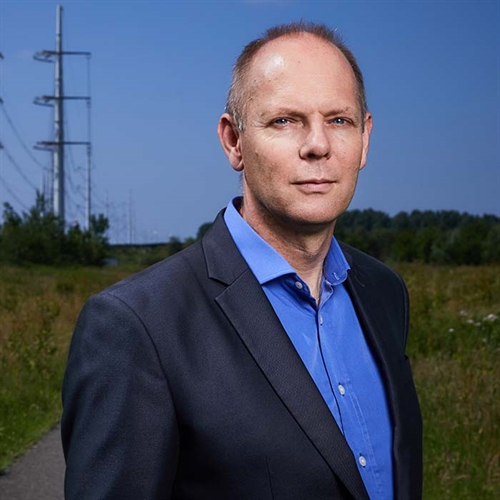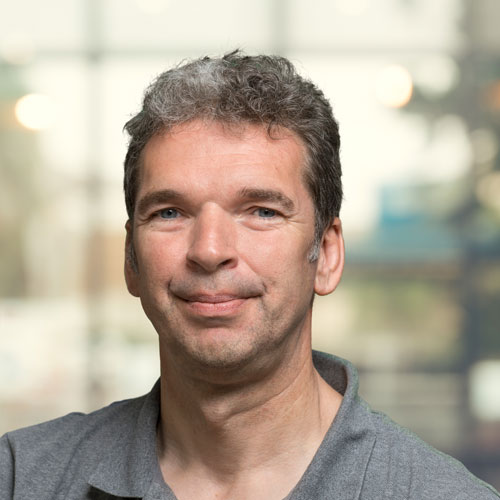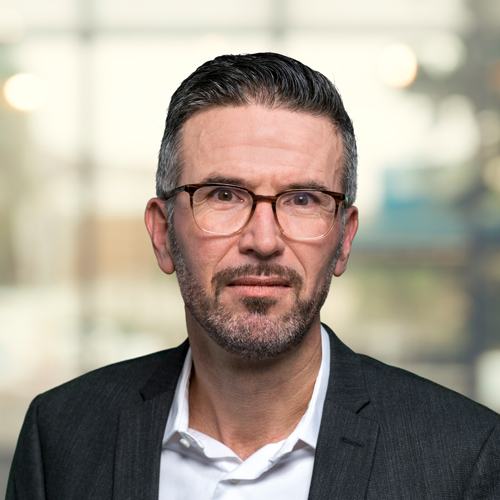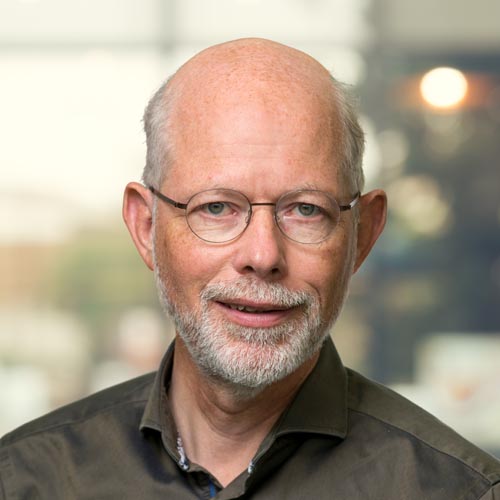
A reliable, affordable, and fair energy system
The transition to a fully sustainable energy system in 2050 will involve major changes in technological, economic, and social terms. Fossil resources will then be replaced by renewable ones, the supply must be guaranteed and remain affordable for the general public and for companies. Discover our role in this.
We assist the energy transition with applied research into a reliable, affordable, and fair sustainable energy system. We’re also studying all the facets of system integration and their interconnections in order to bring about this transition.
Our activities range from literature studies to deploying knowledge and laboratories such as the ‘Energy storage platform’ to work with companies on concrete innovations. We work with and for public authorities, network operators, energy companies, technology suppliers, industrial end-users, universities, industry associations, NGOs, and other parties involved in the energy transition.
Complex energy system
Both the generation of energy and its use by households, industry, transport, and mobility are undergoing major changes. Gas and coal-based power stations are making way for solar panels, wind turbines on land and sea, biomass, and geothermal energy. And whereas fossil-fuel-based power stations provide one-on-one electricity and heat and absorb peaks in demand, the supply from renewable sources is highly variable.
It’s not supply but demand that must be managed in order to make the system flexible. For example, we replace conventional gas stocks by converting electricity from wind and sun into hydrogen and storing it underground. As a result, the whole energy system is becoming more complex.
We combine our knowledge of energy generation, conversion to other energy forms or carriers, networks, energy storage and use, and all conceivable connections between them.
Strengthening energy grids
The current energy markets and energy grids for the transport and distribution of electricity, heat, and gas are not yet ready for a fully sustainable energy supply. The electricity grid is reaching its limits and the gas grid must transport hydrogen in order to deliver energy securely to the various end users. Together with partners, we’re working on methods to make the grids ready for the future.
A future-proof energy system
The individual markets for electricity, gas, and heat are becoming increasingly intertwined, as the systems are integrated with each other. For example, buildings can be heated in many different ways: with gas or electric heating, through a heat network, or using hybrid combinations.
Well-designed markets ensure correct coordination of supply and demand, low prices, security of supply, and sustainability. We do research on the functioning of markets and the corresponding regulations.
Flexibility and security of supply
Renewable generation, conversion of electricity to hydrogen or heat, storage, and transport are becoming more and more interconnected and need to be balanced. By means of sector coupling large amounts of renewable electricity can become available for decarbonisation of the end sectors.
Wind on land and sea produces electricity that sometimes goes directly to heavy industry still using gas, but at another times is converted to hydrogen for storage. In this way, sustainably generated energy can be permanently shifted in time to times when there is demand.
We have extensive expertise in ensuring great flexibility between sustainable energy production and use by industry, households, and mobility.
Database with possible solutions
For the analysis of our future energy system, we have built a database in which all conceivable technologies, networks, variations in supply and demand, costs and returns, and other important data are stored. In our models, we can calculate which decisions for generation, conversion, storage, and transport of each form of energy have which consequences in different value chains.
For example, it’s possible to determine in which cases conversion and storage is or isn’t cost-effective for a particular energy demand. In the energy system, everything is connected. In this way, we help market parties and public authorities to choose the right solutions.
An affordable energy system
The success of the energy transition depends on public support and social acceptance. This is also a subject of our research. A fair energy system means that the costs are shared fairly between the general public and companies.
Many households are now unable to pay their energy bills or can hardly do so. We identify potential winners and losers in the transition and make recommendations for measures to be taken for vulnerable groups.
We study what drives and inhibits the general public to become more sustainable and advise how to successfully involve them in the energy transition. We also scrutinise laws and regulations to tailor them to both technical and social innovations.
Get inspired
Group of households with fuel cars vulnerable in transition to sustainable mobility
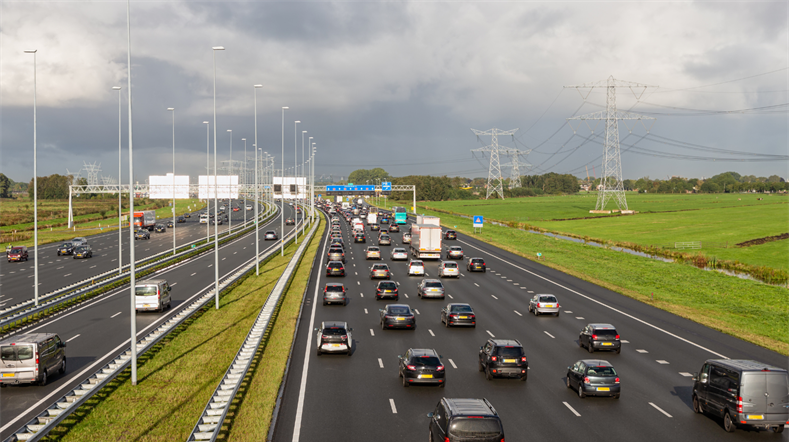

Energy transition growing cooperation between government and industry


Energy system in balance with systems integration


Financing the energy transition-accelerating and scaling-up

Developers of Renewable Energy Training Centre in Indonesia target the youth

